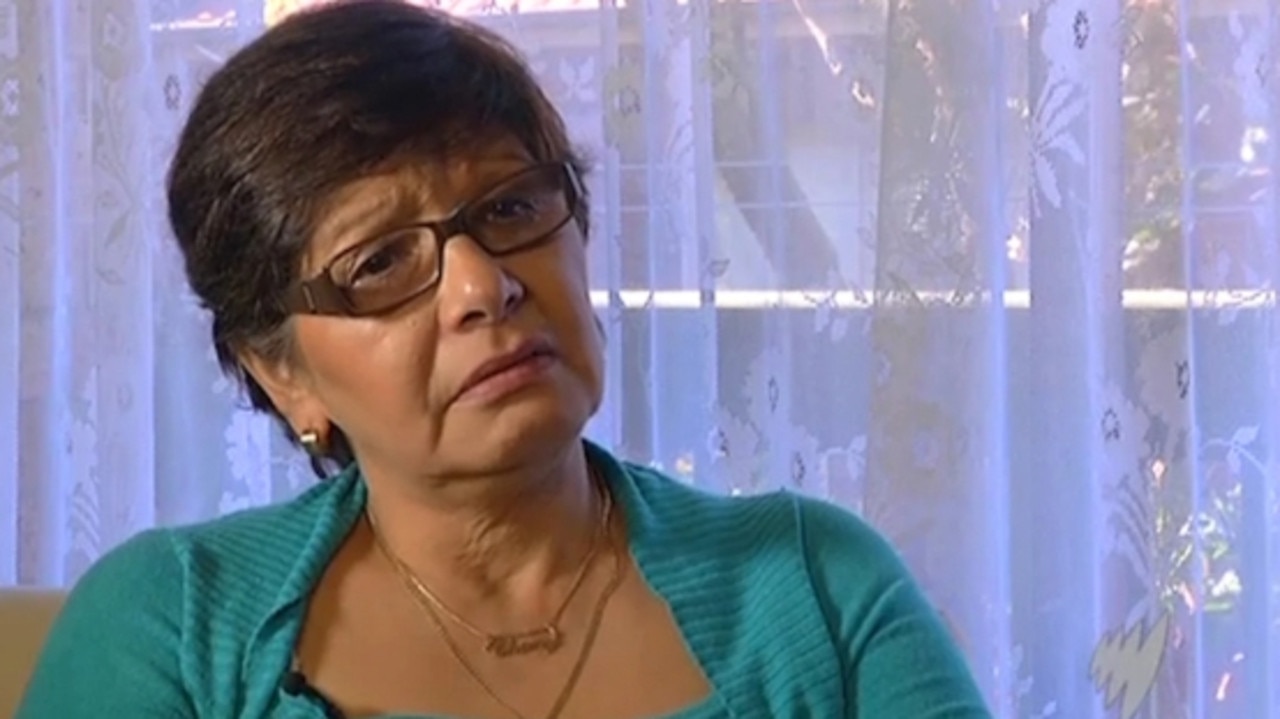Nanny’s fight to avoid extradition to Chile
A Sydney nanny facing allegations she was involved in the torture and disappearance of political party members in Chile is fighting extradition.
A former Sydney nanny accused of crimes against humanity and overseeing the disappearance of seven Chilean political dissidents in the 1970s has launched yet another bid to stop her extradition.
Adriana Rivas has been charged with seven counts of aggravated kidnapping and is facing extradition to Chile where she has been alleged to have aided in the disappearance of Community Party members during the brutal Augusto Pinochet regime.
Ms Rivas has admitted that she was a member of Dirección Nacional de Inteligencia (DINA), the Chilean secret police, but has denied any wrongdoing or involvement in any crimes.
The Federal Court has previously been told that the central allegation against Ms Rivas is that she was an agent in the “Lautaro Brigade”, a special operative branch of DINA.
According to Chilean Police, the Lautaro Brigade was involved in the interrogation, torture and murder of political dissidents.
She has been charged in Chile over the alleged disappearance of six male Communist Party members and Reinalda del Carmen Pereira Plaza, who was five months pregnant when she was allegedly captured.
She immigrated to Australia in the late 1970s and worked as a nanny in Sydney’s eastern suburbs.
In August 2018, Canberra received an extradition request and she was in February 2019 arrested.
Last year a Sydney magistrate ruled that she was eligible for extradition.
She lost appeals against the decision in the NSW supreme and federal courts but has launched yet another appeal to the full bench of the Federal Court.
Her barrister Frank Santisi on Thursday argued that the Australian courts should thumb their nose at Chile’s extradition request because it violated the South American country’s own laws.
He said her prosecution would violate Chile’s own amnesty laws and that she should therefore not be sent back.
“There is nothing to stop the Australian decision makers from forming an opinion that what is happening in Chile is legally incorrect,” Mr Santisi said.
“And therefore Australia, as its own sovereign, is entitled not to act and honour the extradition treaty in this particular instance.”
But Justice Debra Mortimer – one of three judges hearing the case – said that would throw international extradition law into “chaos”.
“It’s challenging a foundational proposition of extradition law which is that the requested state and its court do not interfere with … how the law is interpreted in the requesting state,” Justice Mortimer said.
She also pointed out that the Chilean Supreme Court had ruled that cases such as Ms Rivas’s could be prosecuted despite the country’s amnesty laws.
Mr Santisi argued there was no evidence to prove that Ms Rivas had knowledge of the disappearance, torture and killing of the seven people and that she was not simply carrying out her duties as a guard.
“There is nothing in the material that would enable the decision maker … to be able to understand what was the state of mind of Ms Rivas,” Mr Santisi said.
“In other words, did she know that by carrying out whatever duties she was carrying out that she was participating in the unlawful detention of these individuals?”
However, Justice Robert Bromwich said it was not the court’s role to make judgments on the strength of any prosecution case
“This seems to be delving into the merits of the case,” Justice Bromwich said.
The court reserved its judgment for a later date.
Originally published as Nanny accused of crimes against humanity fights extradition
For all the latest business News Click Here

